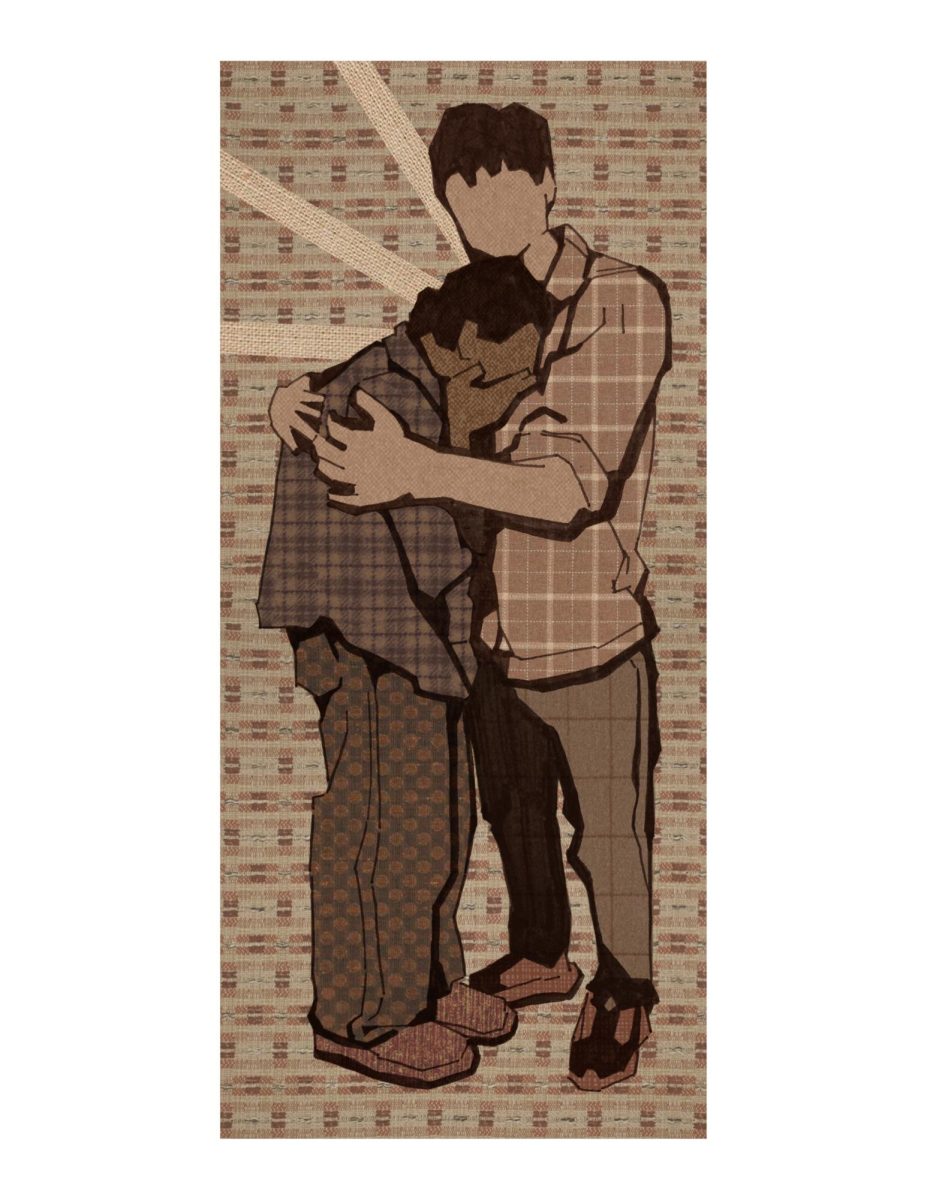Growing up in Texas, we would get hit by a hurricane every once in a while. One time, the town was warned about a tropical storm but we thought there was no need for us to evacuate, so we stayed. Still, we prepared for the worst. At the store, we bought water, non-perishable food, fans, flashlights, candles, batteries — everything we could think of that would be needed in case the weather became more serious.
Disasters are unpredictable
Sure enough, the tropical storm grew into a category two hurricane overnight. We were out of electricity for a week. What would have happened if we were not prepared? Everyone ought to be prepared for a natural disaster, it can happen anytime.
There was a potential disaster on Thursday, Sept. 8. More than one million people were out of power in San Diego, Orange County, the Inland Empire, parts of Arizona and Baja California. For a while, the authorities were unsure whether it was terrorist related, especially because it happened the event so close to 9/11, and after finding two potential terrorist plots in Washington state and New York. Mike Niggli, chief operating officer of San Diego Gas & Electric Co. ruled out terrorism as a possible cause, according to an interview with the Washington Times. If the incident was terrorist related, or if it was caused by a natural disaster, would Biola, as a campus, be ready to deal with an emergency situation?
Biola has several methods in case of emergencies
I was curious whether Biola was ready, so I researched some older Chimes articles and saw that Biola uses the National Notification Network, nicknamed the three N system, to inform all students and faculty members after a natural disaster happens. The system sends text messages to students and faculty stating that there is an emergency, and offering instructions on what to do next. This allows us to press buttons on our phone to choose what kind of assistance we need. The system runs on a wireless signal so that if the power is down, it can still operate.
Campus Safety’s mobile command vehicle acts as a “mini-Metzger” and can operate the system as well. They have also joined with Auxiliary Services and Facilities Services and bought three storage sheds filled with three days worth of food and water that will not expire for five years, as well as all essential emergency supplies that could be needed during an emergency.
Of course, students have a part to play when it comes to safety awareness; they need to be ready for any disaster. When I heard about the blackout I asked myself if I was prepared for a natural disaster. After realizing my lack of preparation, I then considered how many other students were also unprepared.
First-aid kit crucial to disaster preparedness
The university is ready for a natural disaster, but are you? There are many ways we can all be prepared, according to ReadyOC. We are directed to know different types of disasters that can affect our area, to talk with our roommates about a procedure and even practice it, and find a safe place to go.
It’s suggested that we should have a bag ready with water, clothing, medication, food, a flashlight, a blanket, personal identification, cash and change, toiletries and several more emergency supplies. The first aid kit should be checked every six months to make sure nothing has expired. A flashlight should be left by the bed just in case of any emergency during the night. We should also always have a clear path to the door so we can exit without injuring ourselves. Plus, having a clean dorm will make our moms happy.
Another very important way to be prepared is to make sure you can be contacted by the three N system. If you do not have a cell phone, I would contact Campus Safety.
You never know what can happen. As a community, all of campus needs to make sure we are prepared for anything; it is not just Campus Safety’s job to be prepared — we all have a part to play.






